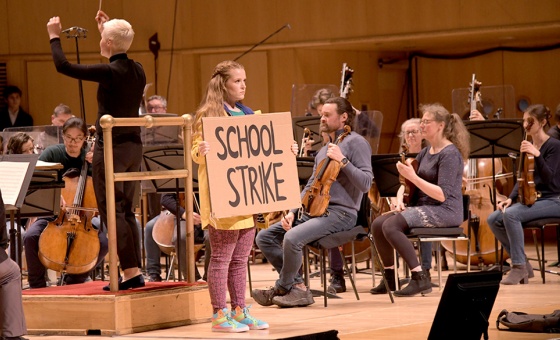This is the last article you can read this month
You can read more article this month
You can read more articles this month
Sorry your limit is up for this month
Reset on:
Please help support the Morning Star by subscribing here
IN 1973 there was a military coup against a democratically elected left-wing government in Chile. It was a bloody and vicious affair (on the part of the army and its US backers) but is probably not the preferred instrument of the ruling order for regime change or, perhaps more accurately, regime changes.
Sometimes there are people who have to go or be moved to “keep the markets happy.” It happened to Tony Benn in 1975 after Labour was elected twice in 1974, February and October.
But more often it’s about policy changes. What it meant for Britain in 1976 is largely a matter of historical record and memoirs now.
The 1974 oil crisis had caused serious problems for the British economy and the Labour government which was elected on a platform well to the left of where Labour currently is (but still on the basis of managing the system and reforming it where possible) faced economic problems.
Towards the end of 1976, prime minister Jim Callaghan claimed that the country had only £2 billion left and that measures from printing money to increased unemployment and cuts in benefits would be required unless action was taken.
Benn records in his diaries that Michael Foot spoke against £2bn cuts in spending, increased unemployment and cuts in benefits on the basis that these were unsustainable and would split both the trade unions and the Labour Party.
The choice was between a left-wing strategy of no cuts and economic investment championed by Benn and others and a loan from the IMF. The choice does seem familiar.
Benn argued that the situation was similar to 1931 when Labour split over austerity measures. Callaghan disagreed. A majority of the Labour Cabinet was in agreement that they must take place. Secondly, the plan was to phase them in over several years, so the immediate impact was limited.
Benn’s alternative strategy which involved import controls, reduction in armed forces commitment in Cyprus and Germany and withdrawal from what was then the European Economic Community was part of an alternative left strategy.
It might be queried how effective at least parts of it would have been. It was not tested at the time, because Benn’s alternative was not something he campaigned for at the time in public. We only know that he was mounting opposition to Healey and Callaghan from reading his diaries.
Denis Healey’s policy of monetarism certainly was effective. Its main effect was to usher in the Thatcherite era of neoliberal economics which New Labour in key parts (but not quite all) kept to.
The Labour left made its point but did not resign. It can be argued that to have done so would simply have given an earlier start to Thatcherism. Alternatively, it might have created a tradition of resistance to cuts and austerity that could have become a template for what is required in 2025.
The real alternative of mobilising protest from below in workplaces and communities was not centrally addressed — although obviously there were anti-cuts protests and campaigns.
Even so, the events of 1976 are a reminder of the origins of austerity politics and the opposition to them. Not name-calling but serious politics are required to beat those who would make ordinary people pay for their crisis.
That means that those Labour representatives in Parliament who do not agree with Rachel Reeves’s warfare-not-welfare approach in her Spring Statement not only need to say so and vote accordingly but join those campaigning for an approach that puts people before profit.
Keith Flett is a socialist historian. Follow him on X @kmflett.









